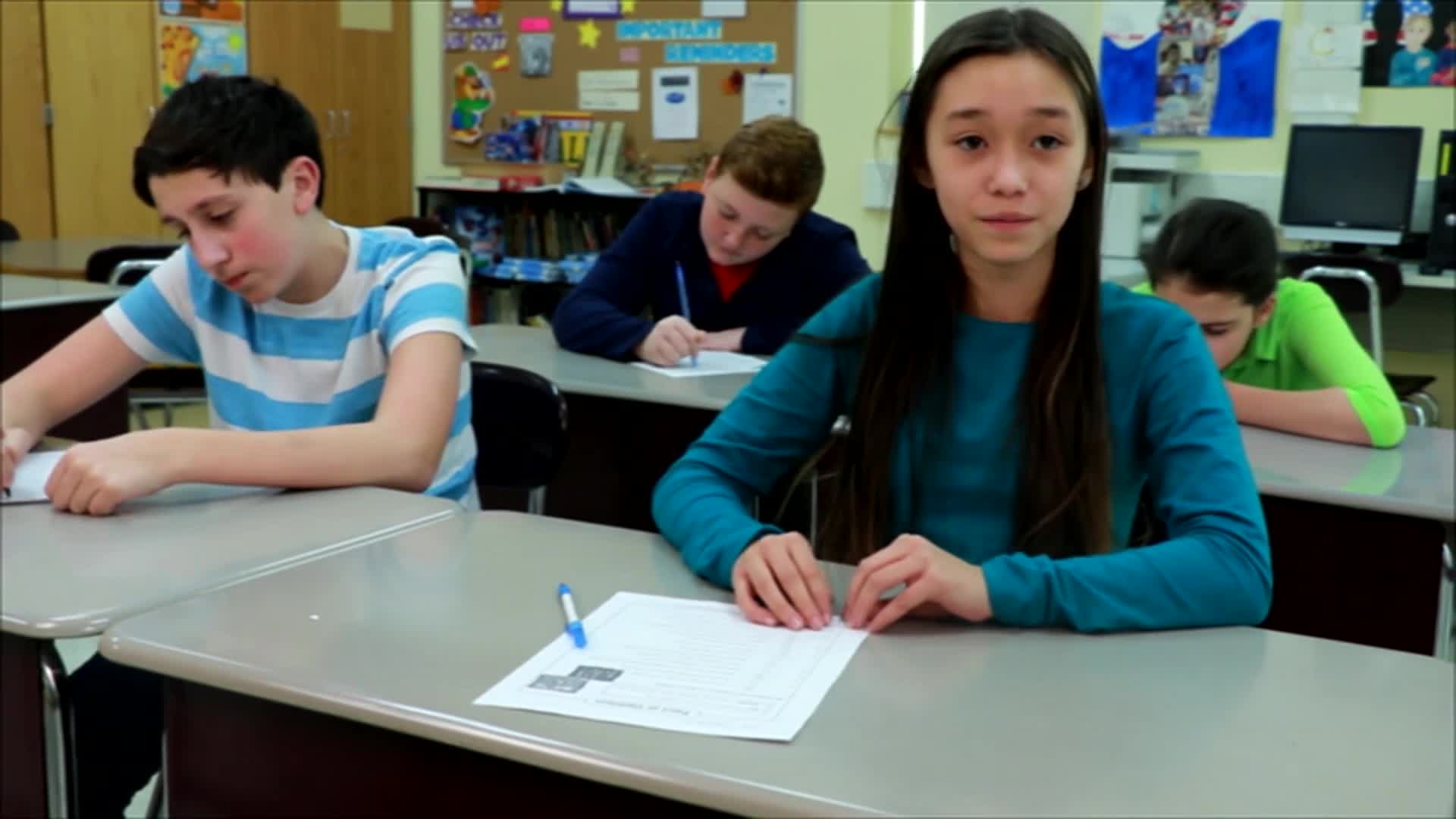
Introduction
Teaching students to ask for permission is an essential social-emotional learning skill that helps them develop respect, boundaries, and patience. In this blog post, we will explore the importance of teaching permission-seeking skills to Kindergarten students, provide an easy no-prep activity, offer discussion questions to stimulate further learning, and mention other relevant skills for students to develop. Finally, we will encourage you to sign up for free samples of skill activities and resources at Everyday Speech.
No-Prep Activity
Here’s an engaging, no-prep activity to help your Kindergarten students practice asking for permission in a fun and interactive way:
Role-Play Scenarios
- Divide the students into pairs.
- Give each pair a simple scenario that involves asking for permission. For example, one student could pretend to be a classmate who wants to borrow a pencil, while the other student plays the role of the pencil’s owner.
- Encourage the students to take turns practicing the skill of asking for permission and responding appropriately in their roles.
- After each pair has practiced their scenario, gather the class together and have a few pairs demonstrate their role-plays to the class. This will help students learn from each other’s examples.
Discussion Questions
After the activity, facilitate a discussion with your students using the following questions:
- Why is it important to ask for permission before using someone else’s belongings or resources?
- How does asking for permission show respect for others?
- What are some situations where you might need to ask for permission in the classroom, at home, or in the community?
- How did it feel when you practiced asking for permission during the role-plays? Were you comfortable or nervous?
- What can you do if someone says “no” when you ask for permission? How can you handle this situation respectfully?
Related Skills
Besides asking for permission, there are other essential social-emotional learning skills that Kindergarten students should develop. Some related skills include:
- Active listening: Encourage students to listen attentively to others, make eye contact, and ask clarifying questions.
- Sharing: Teach students the importance of sharing resources and taking turns with their peers.
- Respecting personal space: Help students understand the concept of personal space and how to maintain appropriate boundaries with others.
- Conflict resolution: Equip students with the tools to handle disagreements or misunderstandings in a respectful and constructive manner.
Next Steps
Teaching permission-seeking skills to your Kindergarten students is an essential step in helping them develop respectful and responsible behavior. To further support your students’ social-emotional learning, we invite you to sign up for free samples of skill activities and resources at Everyday Speech. Explore a wide range of materials designed to help educators like you make a positive impact on your students’ growth and development.

